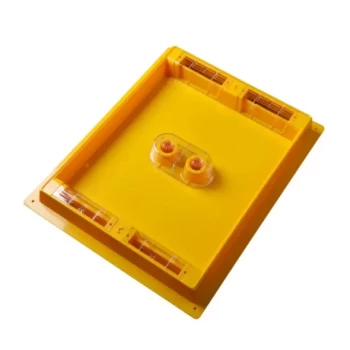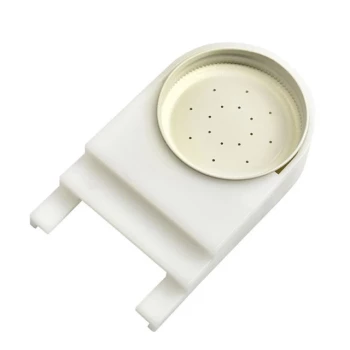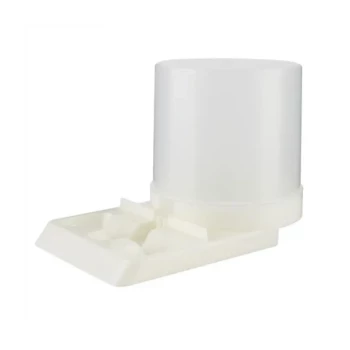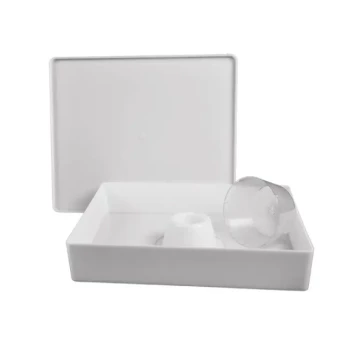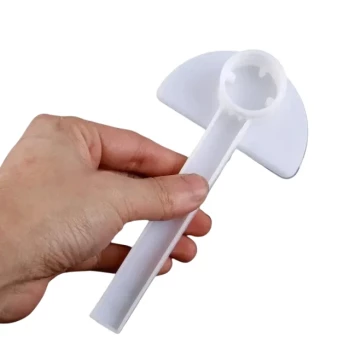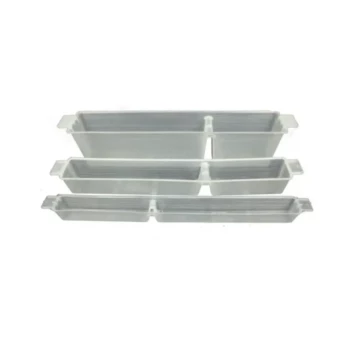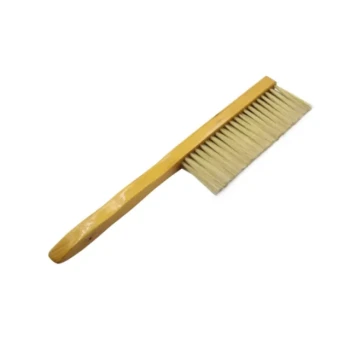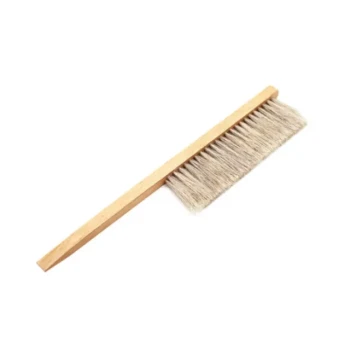At its core, bees deplete their stored honey for one simple reason: survival. Honey is their reserve food source, and they consume it whenever the daily demand for energy within the hive surpasses the amount of nectar they can collect from the outside world.
The depletion of a hive's honey stores is a direct response to a "nectar flow deficit." This is a natural survival mechanism, but it always signals a period of environmental stress where the colony is forced to rely on its pantry to survive.
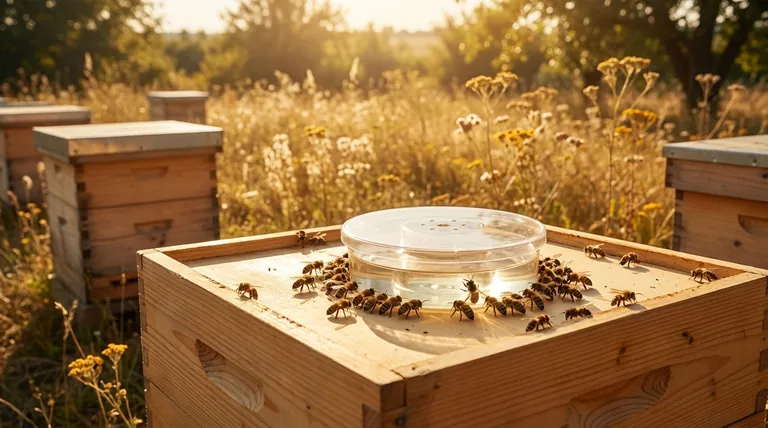
The Purpose of Honey: A Colony's Energy Reserve
Honey is not a byproduct; it is the central element of a honey bee colony's long-term survival strategy. It provides the essential energy for all hive activities, especially when fresh resources are unavailable.
Winter Fuel for Warmth
The primary reason bees store vast amounts of honey is to survive the winter. As temperatures drop, bees form a tight "winter cluster" and consume honey to fuel the constant muscle vibrations (shivering) that generate heat, keeping the queen and the core of the cluster alive until spring.
A Buffer Against Scarcity
Beyond winter, honey serves as the colony's pantry during any period when nectar-producing flowers are scarce. This ensures the bees can continue to feed their queen, raise young (brood), and maintain the hive even when outside conditions are unfavorable.
Key Triggers for Honey Depletion
Several distinct scenarios can force a colony to draw down its honey reserves. Understanding these is critical for anticipating the needs of a hive.
The Overwintering Period
This is the most significant and predictable period of honey consumption. With no flowers in bloom and cold temperatures preventing flight, the bees rely entirely on their stored honey for months. A colony that hasn't stored enough will not survive to see spring.
The "Summer Dearth"
A dearth is a period during the warmer months when there is a temporary shortage of nectar. This can be caused by excessive heat, drought, or a natural gap between the blooming cycles of major floral sources. During a dearth, foraging activity plummets, and the hive must live off its savings.
A New or Struggling Colony
A newly established hive starts with nothing. It must consume nearly all the nectar it gathers to produce wax, build comb, and raise the first generations of worker bees. This high initial energy cost means they deplete resources as fast as they collect them, leaving little room for storage.
A Weakened Hive
If a colony is struggling due to disease, pest pressure, or a failing queen, its population of forager bees may be too small to collect sufficient nectar. This reduced workforce cannot keep up with the hive's daily needs, forcing a steady depletion of any existing honey stores.
Understanding the Beekeeper's Role
A beekeeper's actions can directly influence a hive's ability to manage its food reserves. The key is to find a balance between harvesting honey and ensuring the colony's survival.
The Risk of Over-Harvesting
The most common human-caused reason for honey depletion is taking too much. A beekeeper must accurately estimate the amount of honey a colony needs to survive the winter and any potential dearths, leaving a sufficient amount for the bees.
The Necessity of Intervention
When natural stores are critically low due to a long winter, a severe dearth, or a weak colony, beekeepers may need to provide supplemental feeding. This is typically done with sugar syrup to prevent the colony from starving.
Assessing Your Hive's Food Security
Your approach should be guided by the specific challenges the colony is facing at any given time.
- If you are preparing a hive for winter: Your primary focus is leaving them with more than enough honey to survive the cold months, as this will be their only source of food.
- If you are managing a hive in mid-summer: Your primary focus is monitoring for a "summer dearth" and being prepared to supplement their food if their stores drop to critical levels.
- If you are establishing a new colony: Your primary focus is providing them with consistent resources so they can build up their population and comb without exhausting their reserves.
Ultimately, viewing a hive's honey stores as its survival fuel is the key to responsible and effective bee stewardship.
Summary Table:
| Trigger for Honey Depletion | Primary Cause | Key Impact on Hive |
|---|---|---|
| Overwintering Period | No nectar, cold temperatures | Sustains colony through winter via heat generation |
| Summer Dearth | Nectar shortage due to heat/drought | Forces bees to rely on stored reserves |
| New or Struggling Colony | High energy cost for comb building and brood rearing | Rapid consumption with little storage |
| Weakened Hive (Disease/Pests) | Reduced forager population | Inability to meet daily energy needs |
| Beekeeper Over-Harvesting | Insufficient honey left for bees | Directly depletes survival reserves |
Ensure your apiary thrives with the right equipment and support. At HONESTBEE, we supply commercial apiaries and beekeeping equipment distributors with durable, wholesale-focused supplies—from hive tools to feeding systems—that help you manage honey reserves effectively and prevent colony stress. Let’s strengthen your beekeeping operation together. Contact our team today for tailored solutions and reliable wholesale partnerships.
Visual Guide
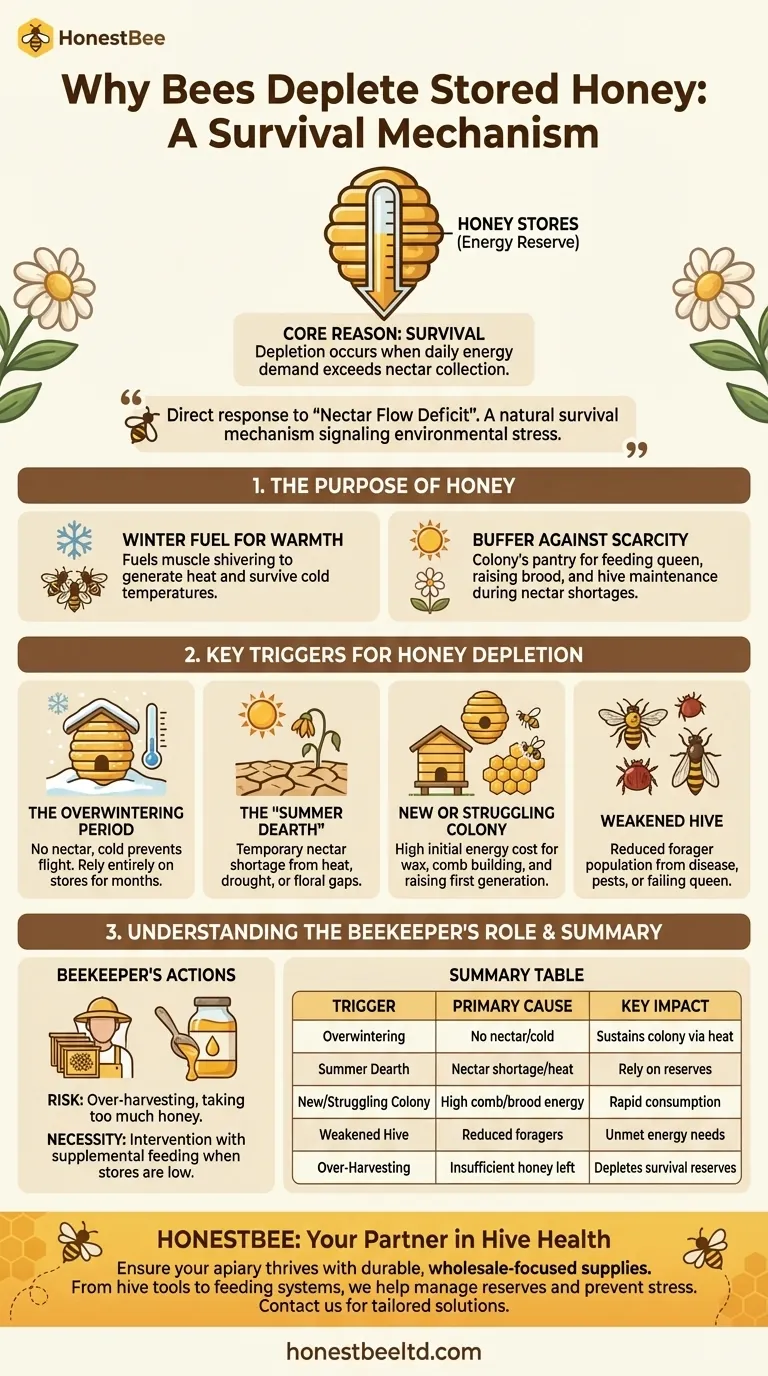
Related Products
- HONESTBEE Round Hive Top Bee Feeder for Syrup
- Rapid Bee Feeder White Plastic 2L Round Top Feeder for 8 or 10-Frame Bee Hives
- Professional Hive Top Bee Feeder for Beekeeping
- Classic Boardman Entrance Bee Feeder Hive Front Feeding Solution
- HONESTBEE Entrance Bee Feeder Professional Hive Nutrition Solution for Beekeeping
People Also Ask
- What is the best way to top feed bees? A Safe, High-Volume Feeding Solution for Your Apiary
- What are the features of top feeders for bees? Maximize Hive Health with Safe, High-Capacity Feeding
- How do hive top feeders work? A Guide to Efficient, High-Capacity Bee Feeding
- How should syrup for bees be prepared? Master the Ratio for a Thriving Hive
- How should the round hive top feeder be positioned? Master Internal Feeding for Stronger Colonies


